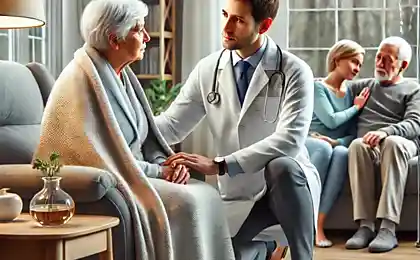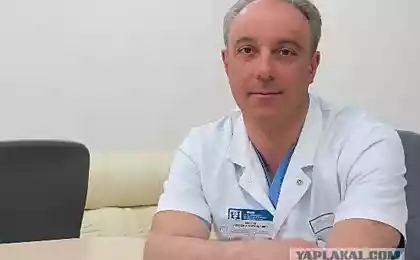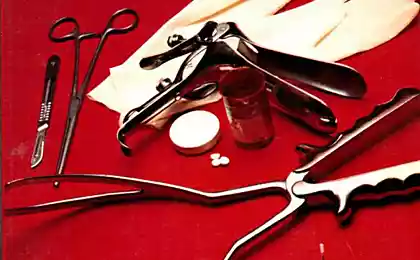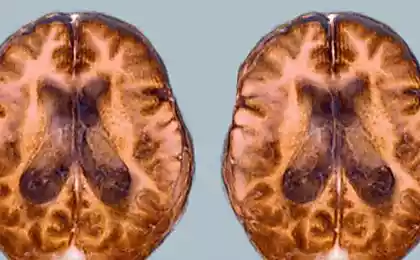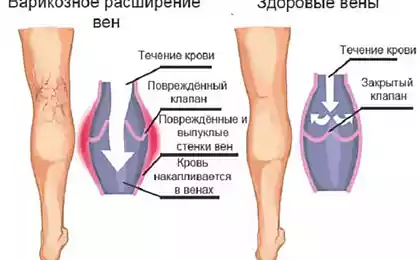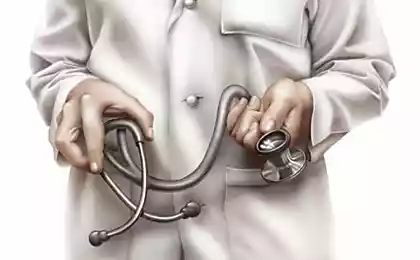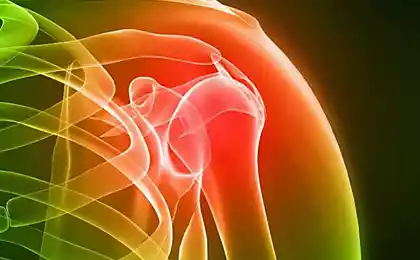279
What an oncologist does. When should I see a doctor?
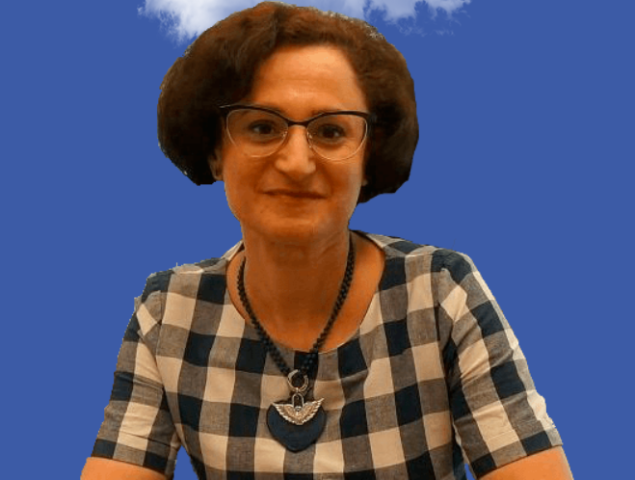
The oncologist receives wide competence and is engaged in counseling, appointment of examinations and treatment of patients. In particular, it is treated with tumors or suspicions of their presence, regardless of location and nature (benign or malignant). Leading the way is doctorOncologist Irina Stefanski, who works in Israel, comes to her for treatment from different countries.
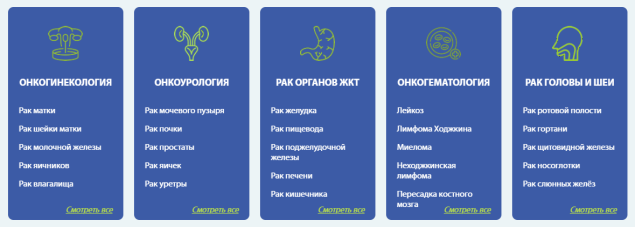
When should I see an oncologist?
The formation of tumors is possible in different parts of the body, including internal and external organs. Also, often the condition does not make itself felt, the body perceives the situation as normal. More about the manifestations and treatment can be read on dr-stefansky.comwhere relevant data are provided. Usually the symptoms are obvious when the condition has become critical. Therefore, consult a doctor with the following symptoms:
- Persistent decrease or increase in body temperature.
- Moderate soreness or discomfort in parts of the body
- Weight loss without cause or loss of appetite.
- Increased lymph node size.
- Vomiting, nausea, which has no other reason.
- Hyperemia, pigmentation or skin rashes.
- Feeling of weakness, weakness, fatigue
- Discharge from the nipples, genitals with blood, its admixture in feces, urine.

Features of the direction
The direction is universal and covers the whole body, so doctors know all the features of the human body. There are doctors who give general advice or choose a specific profile, in the latter case they deal with only one organ or system. Benign formations correspond to the characteristics of ordinary cells, they rarely pass into another state and do not metastasize. Malignant formations quickly spread, increase, give metastases. There are many groups of diseases, doctors are engaged in prevention, detection and treatment.
What does an oncologist do?
The competence of a specialist is not only the detection of the disease, but also the following:
- taking a biopsy for research;
- Consultation on tissue formations before removal;
- diagnosis of mastitis, other diseases;
- referral for surveys;
- consultation with an increase in lymph nodes;
- treatment and diagnosis of mastodynia, gynecomastia, diffuse changes.
Timely consultation and examinations significantly increase the chances of successful treatment.

Put ordinary soda in a bowl and put it under the bed, you will immediately notice the difference.
They came to my mother without warning and opened the door with their key.

